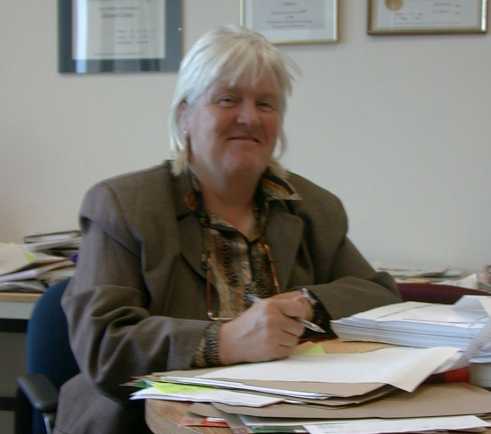![[MJC Logo]](images/mjc3.jpg)
| |
![[Home]](images/home_off.jpg)
| |
![[Constitution]](images/cons_off.jpg)
| |
![[Scholarship]](images/scho_on.jpg)
| |
![[Committee]](images/comm_off.jpg)
| |
![[Upcoming Events]](images/even_off.jpg)
| |
![[Join The Club]](images/oppo_off.jpg)
| |
![[Past Stories]](images/arch_off.jpg)
| |
![[Links]](images/link_off.jpg)
| |
![[Contact Us]](images/cont_off.jpg)
|

Eligible Candidates
Any student in full time study that is completing the MD program, or that is actively involved in medical research. Medical researchers may be at the undergraduate or graduate level.
The Quantity of the Award
The funds for the scholarship are raised through the activity of the medical journalism club. The club receives money through membership sale and through payment for writing articles for funding agencies such as NSERC and Alberta heritage foundation. Because the club is unable to accurately predict how much money it will generate in a year, there is no set amount to be quoted each year. The successful candidate will simply receive the amount of money that has built up in clubs account for the previous year. The limit of the award is $1000. So in the event that more than $1000 is generated, more than one award should be granted.
Evaluation of student applicants for a successful candidate
The primary criterion for the selection of a successful candidate is an evaluation of students past efforts to publicize medical research. Successful medical publicizing will involve students bridging the gap in communication between researchers and the general public. Specifically, communicating to the public the reasons behind specific medical research and the potential effect it may have on the everyday citizen.
Of secondary importance are the candidates past efforts in mentorship and community service.
Dr. Elisabeth Dixon came to Canada from Great Britain in 1969 to begin graduate studies in Victoria. Finishing her PhD at the University of Victoria, she moved to Calgary to complete post-doctoral work before being hired by the Department of Chemistry as a sessional instructor. In 1978 she was hired full time by the University of Calgary as a professor and organic chemistry researcher.

Over the years, Dr. Dixon's research interests have included ecological chemistry, specifically pheromone chemistry of bark beetles, environmental impacts as a result of preservative leachate from power poles, and the chemistry of taste and odor events in regards to municipal water treatment.
Throughout her career Dr. Dixon has made significant contributions to the University of Calgary, and the public education of science issues. Some of her educational innovations include the foundation of WISE (women in science and engineering), the connections program, consumer chemistry in the faculty of continuing education, the advancement of mall chemistry for the national science and technology week, and more recently the foundation of Environmental Science degree program at the University of Calgary.
Despite her many research and educational contributions, it is Dr. Dixon's compassionate nature and dedication to her students that makes her such a valuable educator. As the University of Calgary has grown throughout the years, so has the number of students, class sizes, and tuition costs. As a new student, it is often easy to get lost in the crowd trying to stay afloat, and in many cases students are forced to become highly independent at an early age. The recent lack of personal attention and mentorship resulting partially from the massive increase in the post-secondary population causes some students to lose their focus and never realize their true potential. Elisabeth Dixon sets a standard much higher than most professors can ever hope to achieve in terms of student education and mentorship.
Questions? Email us at
medicaljournalism@go.to
![[University of Calgary]](images/uofcmod1.jpg)
|